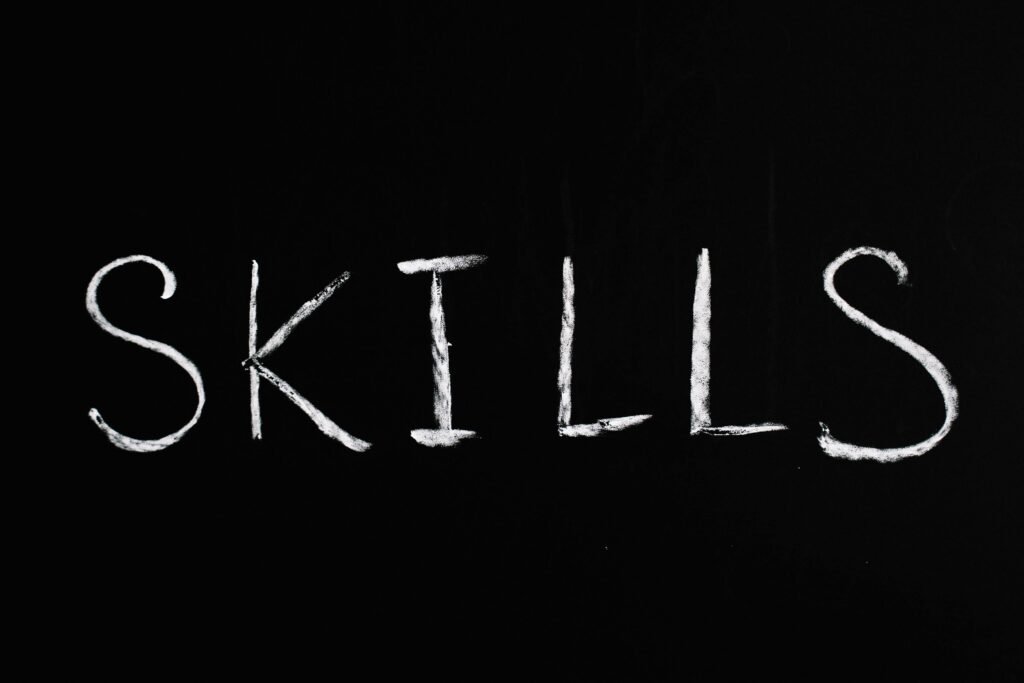In a fast-changing world shaped by technology, disruption, and global complexity, curriculum design in higher education must go beyond disciplinary knowledge. Today’s students need more than facts—they need future-ready skills that equip them to adapt, collaborate, and lead in uncertain contexts.
The challenge for educators is to create curricula that are both academically rigorous and practically relevant—developing not only what students know, but what they can do.
What Are Future Skills?
Future skills refer to a blend of:
- Cognitive capabilities: critical thinking, problem-solving, systems thinking.
- Human skills: communication, creativity, emotional intelligence, ethical reasoning.
- Digital fluency: data literacy, AI literacy, responsible technology use.
- Adaptability: resilience, lifelong learning, and openness to change.
These skills transcend disciplines and prepare students for multiple careers across their lifetime—not just a single job role.
Principles for Future-Focused Curriculum Design
- Interdisciplinary Thinking
Encourage learners to integrate knowledge across fields—science with ethics, business with sustainability, technology with policy. - Authentic Assessment
Use real-world tasks—case studies, simulations, projects—to evaluate student skills in complex, messy scenarios. - Co-Creation and Student Voice
Involve students in shaping the learning journey. What matters to them? How can learning be personalised and purposeful? - Embedding Global and Ethical Perspectives
Equip students to navigate diverse environments, consider equity, and respond to global challenges with empathy and insight. - Flexibility and Modularity
Design curricula that allow learners to explore, specialise, and build custom pathways—supporting choice and relevance.
The Role of Educators
Educators are no longer just content experts—they are learning designers and facilitators of skills development. This requires support through professional development, peer learning, and institutional alignment.
Final Thoughts
Designing for future skills is not about predicting the future—it’s about preparing students to shape it. A responsive, dynamic curriculum empowers learners not only to meet the demands of tomorrow’s workplace, but to lead with purpose, integrity, and creativity.
In short: the future of education lies in teaching students how to learn, adapt, and contribute meaningfully in a world yet to be written.




